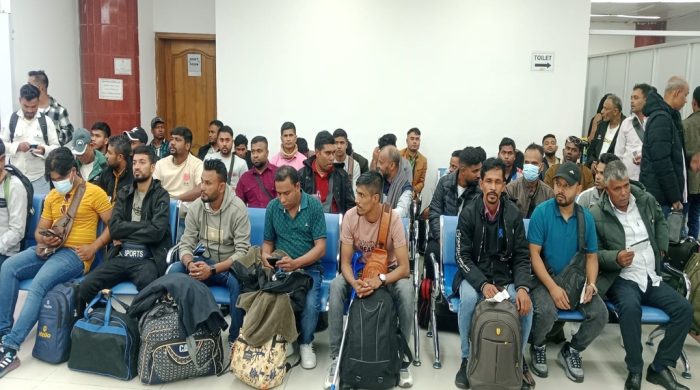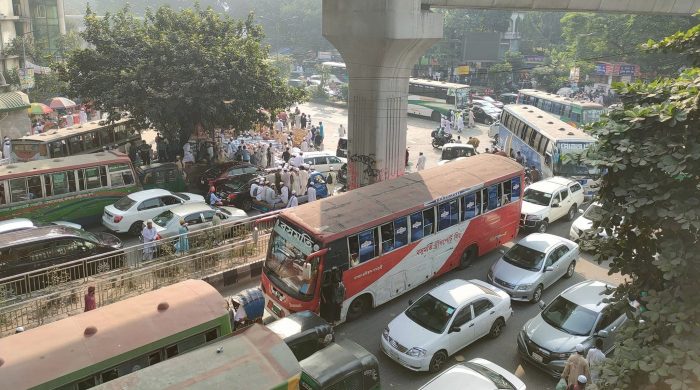SC stays HC order doubling Khaleda’s sentence in Zia Orphanage Trust Case

- Update Time : Monday, November 11, 2024
- 2 Time View

The Appellate Division of the Supreme Court on Monday stayed a 2018 High Court verdict that had increased former prime minister and Bangladesh Nationalist Party chairperson Khaleda Zia’s prison sentence from five to ten years in a case involving the Shaheed Ziaur Rahman Orphanage Trust.
The order, issued by a three-member Appellate Division bench led by Justice Md Ashfaqul Islam, also allows Khaleda to appeal against the High Court’s decision to extend her sentence, which came after rejecting her initial appeal for acquittal.
The High Court had originally doubled Khaleda’s sentence on October 30 in 2018, following a petition from the Anti-Corruption Commission. This followed an earlier ruling on February 8, 2018, when a Dhaka Special Judge’s Court sentenced her to five years, and her son Tarique Rahman and others to different prison terms, over alleged embezzlement of Tk 2.10 crore from the orphanage trust.
On Sunday, the ACC informed the Supreme Court that it found no misappropriation of the trust’s funds, and that the Tk 2.10 crore remained unused in the trust’s account. ACC counsel Asif Hasan announced the commission’s revised stance—now in favor of Khaleda’s acquittal—during proceedings before the Appellate Division bench.
This case, filed in 2008 under a military-backed caretaker government, accused Khaleda of misusing her power as prime minister from 1991 to 1996 to divert Tk 2.10 crore of the Tk 4.44 crore donated by the Saudi king, allegedly transferring the funds to a private account instead of using them for the orphanage trust.
The BNP chairperson is now facing 16 other cases.
After the fall of the Hasina regime, different courts dismissed 19 cases against Khaleda.
The BNP chief’s lawyers argued that the president remitted Khaleda’s sentences while the appeal remained pending with the court.
Khaleda did not request administrative relief and she sought a legal resolution instead as it was a politically motivated case, they contended.
In March 2020, amid the Covid-19 pandemic, the then Awami League regime, under an executive order, granted Khaleda’s conditional and temporary release due to her poor health condition.
The time of her release was extended several times until her sentences were remitted by the president.
























